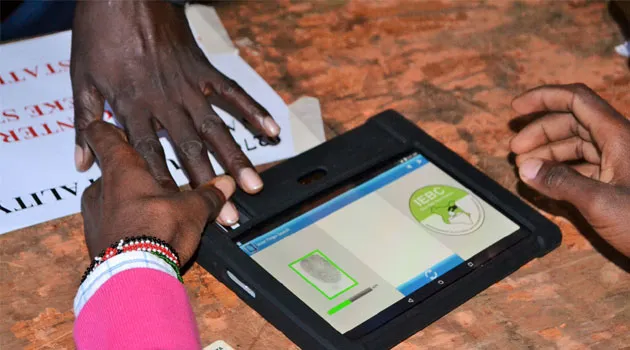The Independent Electoral and Boundaries Commission (IEBC) has begun its latest continuous voter registration drive, but the response from young people has been underwhelming. The commission is targeting 6.3 million new voters ahead of the 2027 general election, with the majority expected to come from Generation Z.
A spot check at various registration centres revealed low activity, with clerks left idle as only a handful of youth turned up to register. IEBC officials admitted to the slow start but remain hopeful that turnout will improve once civic education campaigns are intensified.
“Kenyan youth, 2027 is your year. Get off social media platforms and vote. Elections are physical,” said Joyce Ekuam, IEBC’s director of voter education.
Political leaders have also weighed in on the sluggish start. Murang’a Senator Joe Nyutu urged the government to fast-track the issuance of ID cards, noting delays in counties that risk locking out potential voters. Similarly, Soy MP David Kiplagat reassured that there was no need to panic, saying the drive will run for over a year, leaving enough time for mobilization.
Civil society groups argue that structural challenges and political apathy among youth remain key barriers. Suba Churchill, executive director of the Kenya National Civil Society Centre, urged IEBC to explore online registration options to appeal to tech-savvy youth.
Unemployment, frustration with governance, and disillusionment with politics are also cited as reasons behind Gen Z’s reluctance. In the 2022 elections, only about 40 percent of eligible new voters registered, most of them young. Analysts warn that repeating this trend would leave a critical demographic underrepresented.
Despite the poor turnout, optimism remains that Kenyan youth often last-minute actors will register in higher numbers as the 2027 elections draw closer. The challenge for IEBC and political leaders is convincing them that voter registration is not just a formality, but a chance to influence the leadership they seek.

